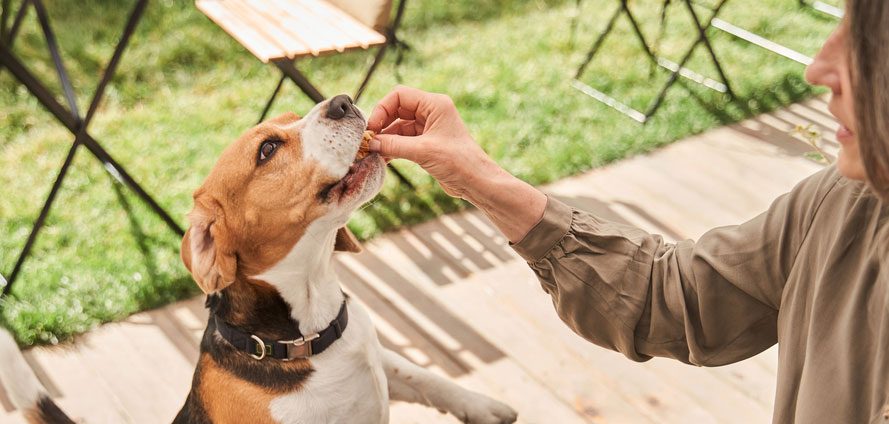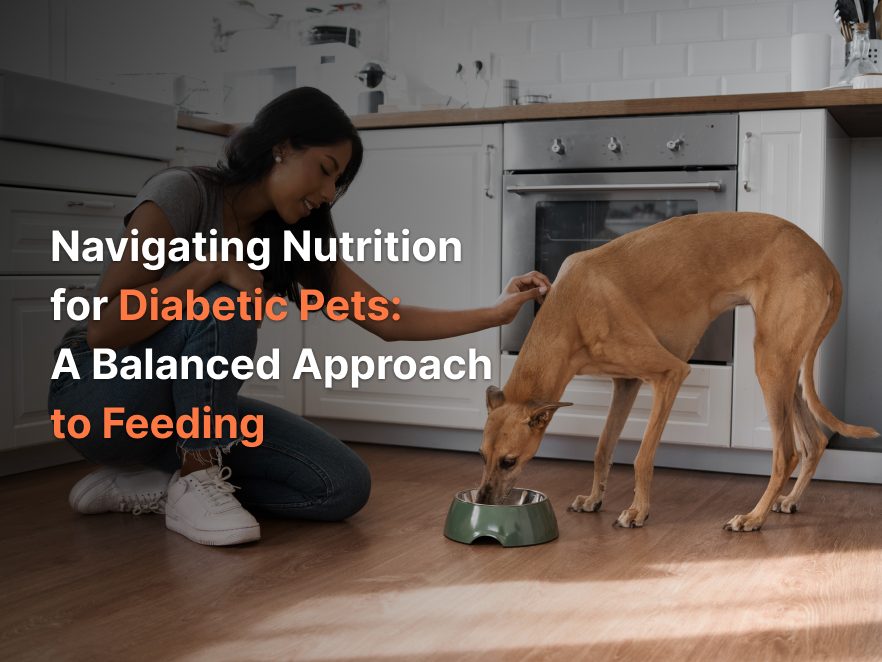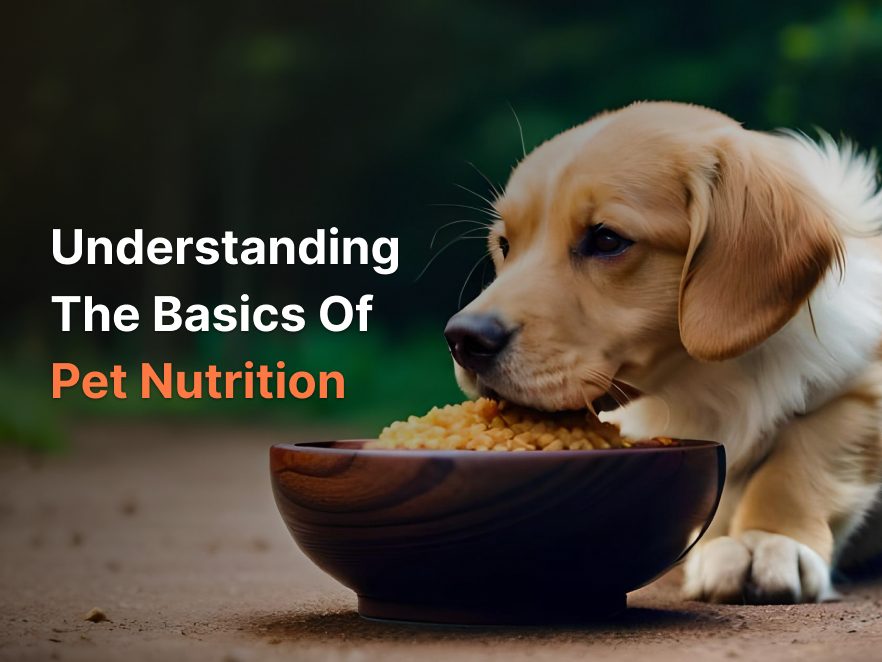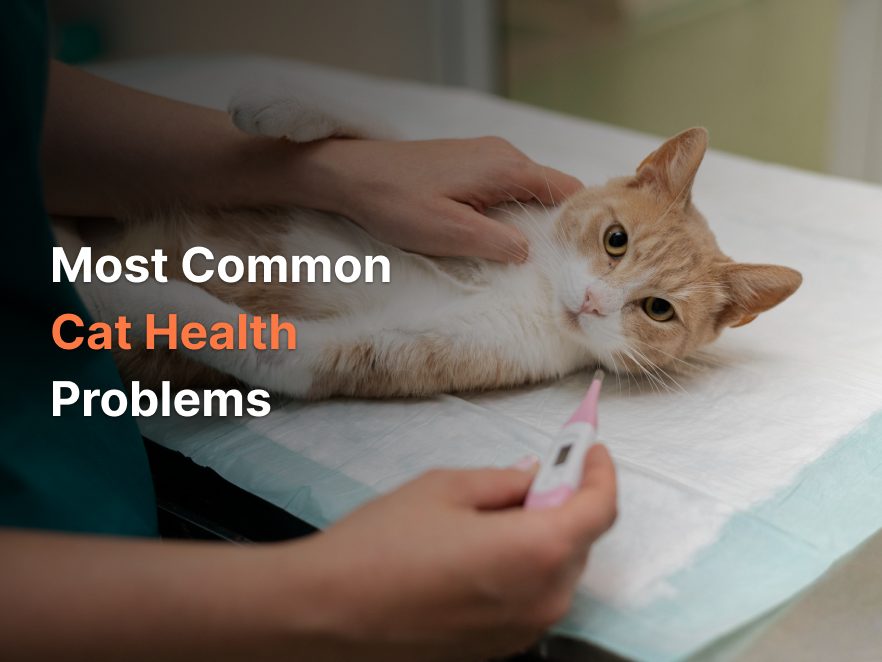- Health
- July 4, 2022

0Dog diabetes is an untreatable sickness caused either by an absence of insulin (a chemical that keeps up with glucose levels) in your canine’s body or a lacking a natural reaction to it. When a puppy eats, insulin usually conveys the glucose in their food to their cells. Notwithstanding, if your canine’s body can’t, as expected, use insulin or produce enough of it, his body will not have the option to suitably utilize the glucose.
Managing the eating routine of a diabetic canine is likely the primary piece of curing the illness, except for insulin infusions given at intermittent stretches.
WHAT SUPPLEMENTS ARE SIGNIFICANT FOR DIABETIC CANINES?
Before choosing a ‘diabetic eating regimen,’ we want to consider which supplements are generally significant for your particular canine and utilize this to direct the ideal supplement profile. The primary supplements to consider for diabetic dogs incorporate calories, fiber, water and sugars. Most canines with diabetes have increased thirst as well as pee, so new; clean water ought to be accessible consistently. The ideal number of calories per cup or food jar will depend upon your canine’s body condition and whether it wants to acquire or get in shape to get the ideal body condition. Suppose your puppy has another illness like coronary illness or pancreatitis or has elevated degrees of fat in their blood. In that case, different supplements, such as sodium or fat, will likewise be essential. A few investigations have shown the advantages of expanded dietary fiber for canines with diabetes.
QUALITY FOOD OPTIONS
-
-Water Intake
Clean drinking water ought to be accessible consistently. A decrease in unnecessary water intake is a sign of fruitful administration of diabetes.
-
-Nonprescribed Meals
Pet owners can supervise diabetes on a painstakingly controlled program utilizing the pet’s ordinary eating regimen. It is much simpler to deal with these plans if canned food with complete sustenance is used. This strategy might demonstrate better for particular eaters, yet one should attempt to avoid consuming fewer calories from high-fat substances.
-
-Prescribed Meals
These are extraordinarily formed for administering canines with diabetes. Food that consists of more fiber can be precious for assisting with weight reduction and further developing glucose control. Consult your vet about the ideal diet decisions for your canine.
MEALS & TREATMENT SCHEDULE
Your veterinarian will prompt you to take care of your canine appropriately. By and large, suppers ought to be coordinated so the food in their body harmonizes with the insulin’s pinnacle activity. It will control variances in blood glucose focuses and episodes of hyperglycemia and hypoglycemia.
>>Daily Insulin Infusions:
Give the principal supper (66% of the day-to-day sum) before the morning Vetsulin dosage. It permits you to see that your canine is feeling good and it is given to eat typically before the insulin.
The subsequent feast (the rest of the day-to-day sum) is typically granted around 8 to 10 hours later.
>>Insulin Dosages Two Times A Day:
When in doubt, feed half of your canine’s whole day-to-day food just previously or with every infusion.
The principal supper (a big part of the day-to-day proportion) is given not long before the morning insulin infusion. It permits you to see that the canine is feeling good and it is given to eat ordinarily before the insulin.
The subsequent supper (the rest of the day-to-day proportion) is typically offered around 10 to 12 hours later, preceding the second insulin infusion.
For detailed inquiries regarding volume, recurrence, type and timing of meals, if it’s not too much trouble, counsel your veterinarian.
TIPS FOR A SOUND EATING REGIMEN
Regardless of which diet choice you pick, these are the nuts and bolts for diabetes control:
-
Time predictable feedings and insulin medicines
so glucose ingestion harmonizes with the top activity of given insulin. (see segment underneath).
-
Work with your veterinarian
to track down the proper caloric worth to assist your canine with accomplishing the ideal weight.
-
Reliably feed your canine
a similar measure of food at similar times every day to stay away from superfluous vacillations in blood glucose.
-
Food varieties high in complex carbs and fiber
assist glucose with being delivered equitably in your canine’s body. (High fiber eats fewer carbs are not suggested for underweight pups. Continuously ask your veterinarian what is best for your dog.)
-
Limit fat
in their eating routine to stay away from unexpected confusion.
CONCLUSION
Overall, it is also wise for pet owners to maintain the ideal body weight of their pets to prevent such diseases. Avoid getting them overweight and underweight. Track down the results once you follow the above eating regimen and consult your vet in case of doubts.









